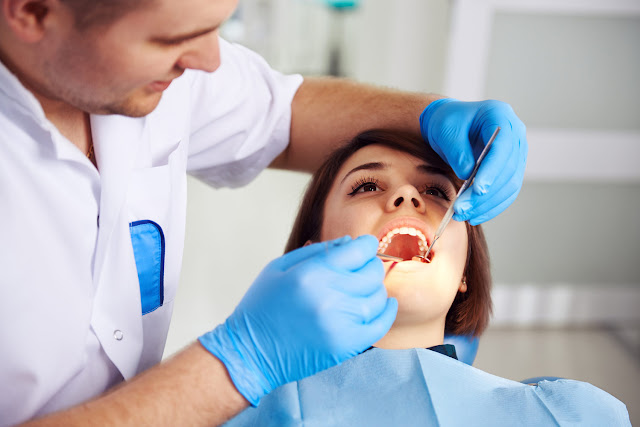
At East Longmeadow Family Dental Center, we can guarantee patient satisfaction and the kind of quality of treatment and care you won’t find at any old local dentist. If you live in East Longmeadow, MA here are just a few of the reasons to consider making the switch to us.
The experience that you need
When you need dental treatment, you should be certain that your dentist has plenty of experience in providing the exact kind you need. Otherwise, how can you be confident they’ll give you the results that you need?
You can see the experience of all of our team on the site, to ensure that you’re being treated by those who know what they’re doing.
A real focus on patient experience
Being comfortable during your treatment should be considered a minimum. We go well beyond that, with a team of warm and welcoming service staff, the best in dental technology, flexible hours to meet your needs, and a range of payment plans.
With the above perks, you can ensure that you have no reason for concern when visiting the dentist. Of course, if you’re a person who suffers from dental anxiety, we offer extensive comfort treatments as well to help you settle as much as possible for your treatment.
Here when you need us
Unlike many other local dentists, we are open on the weekends, so if arranging an appointment doesn’t work for you, you can still get the help you need from East Longmeadow Family Dental Center
If you’re experiencing a dental emergency, we will be there to offer same-day treatment, as well. Your wellbeing is our number one concern, so don’t worry about asking for help when you really need it.
The level of service that you deserve
How well does your current dental team treat you? Are you left waiting even after you arrive on time or early? Do they routinely forget your name or dental treatment preferences? If that’s the case, you could do a lot better by coming to East Longmeadow Family Dental Center
We understand the importance of ensuring a good long-term relationship built on trust, good service, and showing our patients the kind of care that they deserve. Whether you’re a brand new patient or you’ve been coming for years, you’ll get the same standard of professional and compassionate service.
We’re affordable and convenient
Having the choice of different payment options when looking at your dental treatment bill is important to a lot of people. Too often do people neglect to see a dentist only because it’s not currently affordable for them. When that happens, oral health issues can worsen to the point they become a lot more expensive to treat.
To ensure that doesn’t happen, we will work with you to make high-quality treatment accessible. In part, we ensure fair and competitive pricing. However, that doesn’t mean our services are cheap. We still invest in top of the line technology and dental products that offer results much better than your average local dentist.
Don’t just take our word for it
If you really want to know what patients think of a dentist, then you shouldn’t hear it from the dentist, you should hear it from their patients. We have a range of testimonials on the website and reviews throughout the internet that can give you a perspective you can trust.
We’ve worked hard to build long-term relationships with all of our patients, so we value their feedback highly, even when it isn’t glowing praise for our services.
Fill your mental checklist
If you’re choosing a dentist, then make sure you have a mental checklist for everyone you look at. From the above, here are the key points to remember:
- We’re experienced in providing a wide range of services including dental implants, and show that experience willingly.
- We offer services that ensure patients with dental anxiety are put at ease.
- Weekend appointments and emergency dental appointments are both services we provide.
- Patient satisfaction is our number one concern, and long-term relationships built on trust are our number one goal.
- There are plenty of patients to back up everything we have to say.
Make your appointment with us today
Look over the list above one last time. Does it sound like your local dentist could be doing a lot better? Then perhaps it’s time to make the switch to East Longmeadow Family Dental Center. Get in touch with our team during our opening hours. We’ll be glad to answer any questions, to schedule you in for an appointment, and to give you a consultation that ensures you’re on the way to the best oral health possible.

